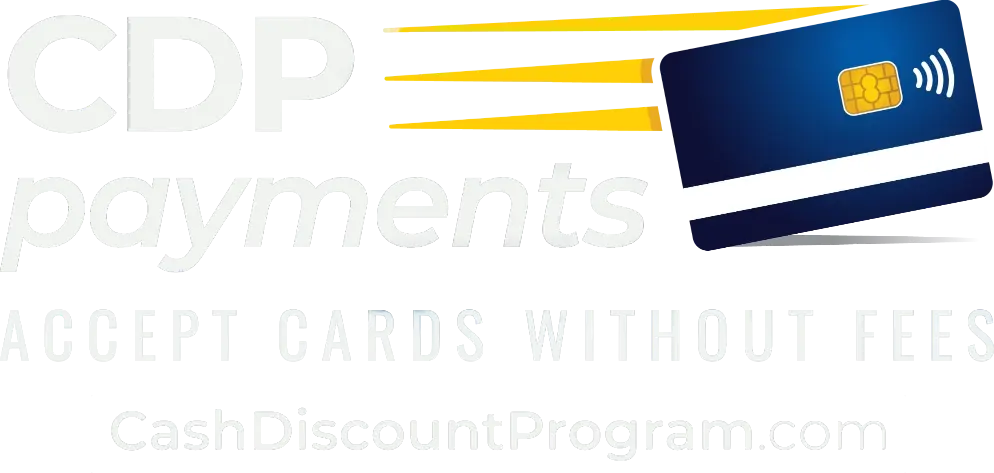High-Risk Processing
Solutions for High-Risk Businesses
We help high-risk merchants get approved, stay compliant, and avoid excessive fees.
We Support: CBD, travel, adult, gaming, subscription services, and more.
Why CDP:
- Transparent pricing
- Same-day funding
- No long-term contracts
- U.S.-based support
